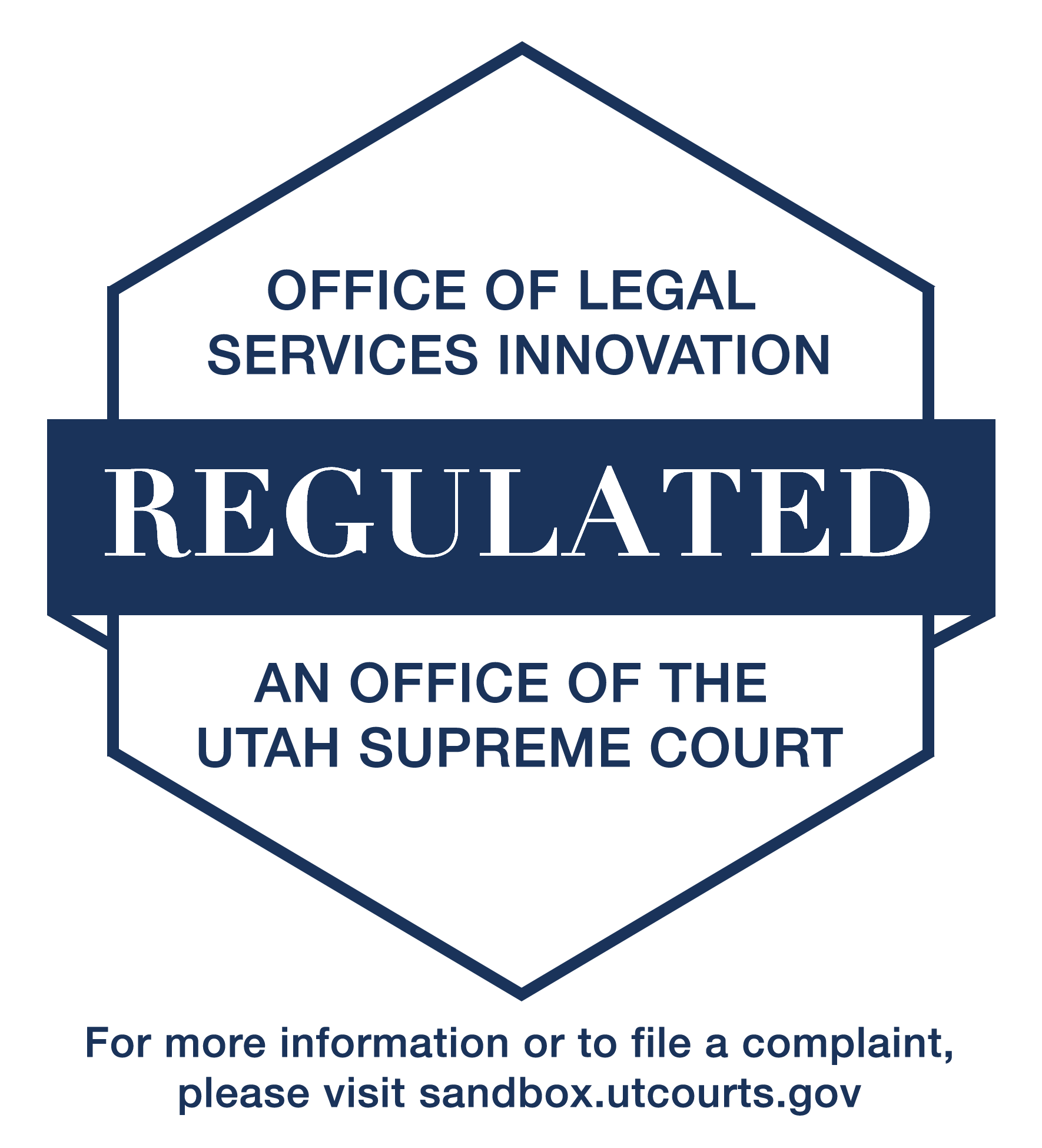Get legal assistance online. Chat with a lawyer for free!
Chat NowAffidavits Definitive Guide

Attorneys have a massive toolbox of legal research engines, referral networks, and document outlines to perform many vital legal tasks. However, one of an attorney’s most essential tools is the affidavit. Without its efficient and effective presence, attorneys would have difficulty memorializing vital documents and statements.
What Is an Affidavit?
An affidavit is a simple legal document created to convey the authenticity of a declared statement by a party. In human speak, an affidavit is physical proof that a party has (1) made a statement, and (2) the party making the statement certifies the statement is true.
Although affidavits can pertain to several legal statements for a variety of legal issues, all affidavits must have three elements:
- A sworn statement
- An oath
- Notarization of the statement
Sworn Statements
Parties involved in a business transaction or litigating a case need an opportunity for the involved persons or witnesses to declare a particular fact in the form of a sworn statement declaring the validity of the events of the transaction or the content of documents.
For example, suppose a witness to the signing of a contract says that the parties agreed to an additional term, but neither party can agree the term was uttered. In that case, the witness can make a sworn statement describing what they believe was said during the negotiations. Typically, a sworn statement will include the affiant’s name, the date of which they are attesting the statement, and a detailed description of the statement and facts of where and when the statement was uttered.
Statement Under Oath
Not all states require an indication that the statement is being made under oath, but many do. The oath is similar to an oath given to a witness ready to give testimony for deposition before a jury. The oath indicates that a person swears—under penalty of perjury—that the statement is true or accurate based on understanding the issue at hand.
Notarization
Like signatures, having a legal document notarized has decreased in necessity and popularity in recent years. However, many states still require certain legal documents, including affidavits, to be notarized by a notary public. Further, many attorneys would prefer to have affidavits notarized as additional evidence that the affidavit is legitimate.
Additional Considerations
Certain states require one or more witnesses to be present during the reading and signature by the affirming party to certify a legally binding affidavit. Failure to obtain the proper number of witnesses may result in the affidavit being rejected. This could be incredibly harmful if the affirming party is deceased or is unavailable. Some states allow the notary public to be a witness, but not all.
Furthermore, an affidavit may be accompanied by attached documents and make a statement regarding the validity of the attachment. Specific state laws may reject the validity of the affidavit if a description or identification of the attachment is not listed on the affidavit. Finally, an affidavit should always include the name and other identifying information of the affiant (person who made the declaration) and the person or entity that created the affidavit.
Affidavit Applications
As stated above, affidavits can be used in various applications, including transacting business, trading evidence during discovery, and recordkeeping. Commonly used applications for affidavits include the following.
Court Proceedings
Most court proceedings like trials or hearings use verbal testimony from a witness during direct and cross-examination or depositions. However, if a witness is not needed to supply full testimony or is unavailable to testify, an affidavit may be used to prove a fact of the case.
Power of Attorney
A competent and coherent individual can designate a person to have control over their health and financial decisions, known as a power of attorney (POA). Usually, a POA agreement is a form affidavit signed by the person (known as the “principal”) to designate someone to act on their behalf (known as an “agent”).
Lost or Destroyed Documents
Even the best recordkeepers misplace documents sometimes. Whether a fire destroyed a warehouse or someone misfiled a file folder, documents not stored on the cloud are always subject to being lost or destroyed. Even though the document may no longer be accessible, its existence may prove a fact.
For example, if a business lost an invoice from a distributor for the delivery of goods, a contract was still formed when the store agreed to purchase the delivery. Thus, if a dispute arose regarding the quality of the goods, either party could sign an affidavit stating an invoice was issued but cannot be located. The underlying contract still exists–just the evidence of the contract’s existence does not.
Residence or Domicile
A person attesting that they have lived or currently live at a specific address for legal purposes. This can be used to establish residency for a government benefit or affirm residency for the service process to determine legal jurisdiction.
Death
A sworn statement indicates that a person has died, usually accompanied by a death certificate. Typically, affidavits of death can be made by a health care professional swearing under oath that they declared the person dead or a relative of the deceased confirming their identity.
Government Affidavits
Certain governmental functions require the creation and signature of an affidavit. These are commonly used if another party assists a voter with a disability or impairment in casting a lawful ballot.
Affidavit Pitfalls
Even though an affidavit is one of the most uncomplicated legal documents, it can be incredibly damaging to the affiant if not done correctly. First, an affiant should NEVER make a declarative statement they know not to be true. A legally binding affidavit is the same as providing sworn testimony under oath, which means intentionally making a false statement can be considered perjury.
The severity of perjury charges depends on the state’s laws and the facts of the perjury but can carry lengthy prison sentences and hefty fines.
Furthermore, affiants should ONLY make declarative statements about the information they have experienced firsthand. Parties make mistakes, and simply making a statement, believing it to be accurate, based on recollection, can happen. However, if someone states they have firsthand knowledge of the fact but later is found to have no direct knowledge of the event, their statement may be considered hearsay and can reject from admission in court.
Contact Us Through Our Legal Chat Tool Today
It is best to have a licensed attorney in your state draft and finalize an affidavit on your behalf. 1Law can provide information on legal assistance options and connect you with a lawyer with your affidavit needs. You can also use our contact form or our telephone number to get a free consultation today.

